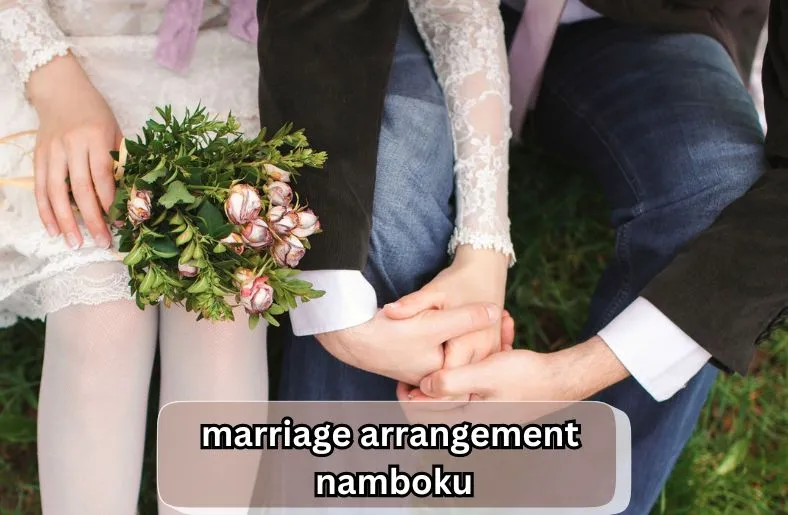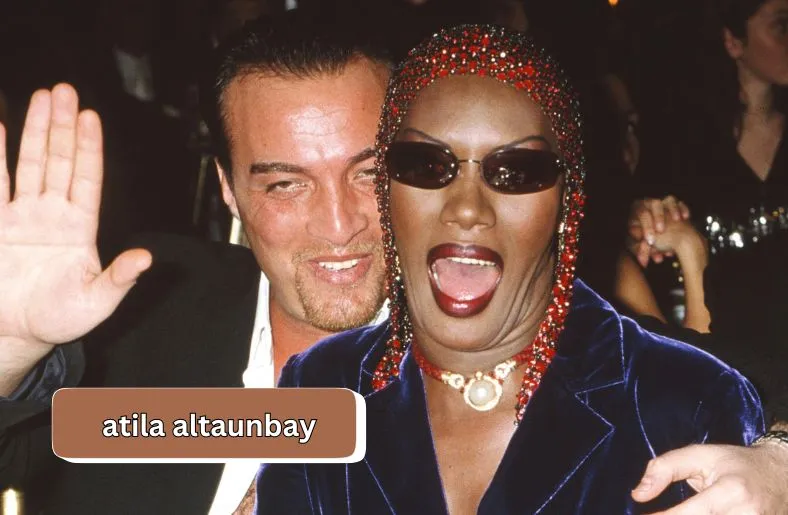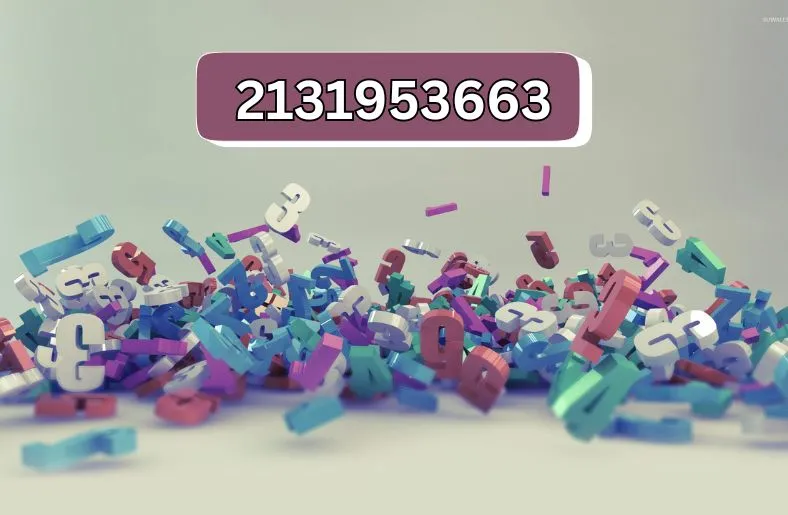Introduction of marriage arrangement namboku
Dive into the heart of Japan’s cultural tapestry with a timeless tradition: Marriage Arrangement Namboku. Embark on a journey through history and heritage as we unravel the enigmatic practice that shapes modern relationships in Japan. Discover the allure of this age-old custom and its enduring significance in contemporary society.
Explore the intricate nuances of familial bonds and societal expectations as they intertwine in the matchmaking process. Delve into the depths of tradition and evolution, where ancient customs meet the challenges of the modern world.
Join us as we navigate the complexities of Marriage Arrangement Namboku, from its humble origins to its vibrant presence in today’s Japan. Uncover the cultural symbolism and profound meaning embedded within this revered practice.
Prepare to be captivated by the tales of love, tradition, and resilience that define it in modern Japan. Get ready to embark on a fascinating exploration of heritage, identity, and the timeless pursuit of companionship.
Welcome to the world of Marriage Arrangement Namboku, where tradition meets modernity in a harmonious dance that transcends time and culture.
Origins and Historical Context
Exploring the Origins and Historical Context of Marriage Arrangement Namboku
In ancient Japan, during the Heian period, a unique tradition emerged known as Marriage Arrangement Namboku. Originating among the noble and aristocratic families, it aimed to forge alliances and secure social status. As Japan transitioned through different historical periods, so did the practice of Marriage Arrangement Namboku.
During the Kamakura and Muromachi periods, the influence shifted to the warrior class, where marriages were strategic moves to solidify power. With the stability of the Edo period, the practice extended to the merchant class, emphasizing social standing and economic prosperity.
As Japan entered the modern era, marked by the Meiji Restoration, significant societal changes occurred. The decline of the aristocratic class and the rise of individual freedoms altered the landscape of marriage customs. Despite these shifts, elements of it persisted, reflecting the enduring values of familial bonds and societal harmony.
Cultural Significance and Symbolism
Exploring the Cultural Significance and Symbolism of Marriage Arrangement Namboku
Marriage Arrangement Namboku holds deep cultural significance in Japan, embodying cherished values and traditions. Embedded within this practice are layers of symbolism that reflect the essence of Japanese society.
At its core, Marriage Arrangement Namboku symbolizes the importance of family unity and communal harmony. Through carefully orchestrated matchmaking, families come together to forge lasting bonds and alliances.
The exchange of gifts during matchmaking meetings signifies a gesture of goodwill and mutual respect between families. These offerings serve as symbols of trust and goodwill, laying the foundation for future relationships.
Furthermore, it symbolizes the continuation of lineage and family legacy. By arranging marriages strategically, families ensure the preservation of their heritage and traditions for future generations.
The practice also embodies the values of filial piety and respect for elders. By involving parents and elders in the matchmaking process, it upholds these fundamental principles of Japanese culture.
Moreover, it serves as a cultural touchstone, connecting individuals to their heritage and identity. Through the observance of this tradition, Japanese people honor their ancestors and uphold the customs that have shaped their society.
marriage arrangement namboku Evolution in Modern Times
In contemporary Japan, Marriage Arrangement Namboku has undergone significant evolution to adapt to changing societal norms. As the influence of traditional values wanes, individuals have greater autonomy in selecting their partners.
Modern iterations of Marriage Arrangement Namboku blend traditional practices with elements of contemporary dating culture. This fusion allows for a more personalized approach to matchmaking while retaining the essence of familial involvement.
With the rise of globalization, Japanese society has become more open to diverse perspectives and lifestyles. This cultural shift has influenced the way it is perceived and practiced.
Moreover, technological advancements have transformed the matchmaking process, making it more accessible and efficient. Online platforms and matchmaking services offer individuals a wider pool of potential partners to choose from.
Despite these changes, the core values of it remain intact. Familial bonds and community harmony continue to play a central role in the matchmaking process.
Furthermore, it serves as a bridge between tradition and modernity, reflecting the dynamic nature of Japanese society. It continues to evolve to meet the needs and preferences of individuals while preserving its cultural heritage.
Navigating Challenges and Controversies
Despite its enduring presence, Marriage Arrangement Namboku faces various challenges and controversies in modern Japan.
One of the main challenges is balancing tradition with modernity. As societal values evolve, individuals grapple with conflicting expectations and desires.
Additionally, the influence of globalization has introduced new dynamics to the practice. Cultural exchange and diversity challenge traditional matchmaking norms.
Moreover, the rise of individualism poses challenges to the hierarchical nature of arranged marriages. Younger generations seek greater autonomy in partner selection.
Furthermore, gender roles and expectations continue to shape the practice of it. Traditional notions of femininity and masculinity may conflict with modern ideals.
Critics argue that arranged marriages can lead to unhappiness and unfulfilled expectations. They advocate for greater emphasis on personal choice and autonomy.
However, proponents of Marriage Arrangement Namboku argue that it fosters stability and long-lasting relationships. They believe in the wisdom of familial guidance and support.
In navigating these challenges and controversies, Japanese society must strike a balance between tradition and progress. By embracing diversity and inclusivity, it can continue to evolve while preserving its cultural heritage.
Embracing Diversity
In contemporary Japan, Marriage Arrangement Namboku is evolving to embrace diversity and inclusivity. This evolution reflects changing societal attitudes and values.
With increased cultural exchange and globalization, Japanese society is becoming more open to diverse perspectives. This openness is reflected in the way Marriage Arrangement Namboku accommodates a spectrum of preferences and identities.
LGBTQ+ individuals, for instance, are navigating their unique journey within the framework of traditional matchmaking. This challenges conventional norms and fosters greater acceptance within society.
Moreover, the embrace of diversity enriches the matchmaking process, allowing individuals to find partners who resonate with their values and aspirations. This inclusivity strengthens the fabric of Japanese society, fostering a sense of belonging and unity.
Preserving Cultural Heritage
Marriage Arrangement Namboku plays a crucial role in preserving Japan’s rich cultural heritage. Through this age-old tradition, ancestral customs and values are passed down from generation to generation.
The practice serves as a cornerstone of Japanese cultural identity, reinforcing the importance of familial bonds and communal harmony. It upholds traditions that have shaped Japanese society for centuries.
Cultural festivals, educational initiatives, and community gatherings celebrate the legacy of Marriage Arrangement Namboku. These events serve to educate future generations about the significance of this traditional practice.
Efforts to safeguard cultural heritage ensure that Japan’s identity remains rooted in its history and traditions. By preserving it, Japan honors its past while embracing the future.
Conclusion of marriage arrangement namboku
In conclusion, Marriage Arrangement Namboku stands as a testament to Japan’s enduring cultural heritage and the resilience of tradition in the face of modernity. Through centuries of evolution, this practice has remained a vital thread woven into the fabric of Japanese society, symbolizing familial unity, communal harmony, and cultural identity. As Japan navigates the complexities of the contemporary world, it continues to evolve, embracing diversity, inclusivity, and technological advancements while preserving its rich historical legacy. By honoring the past while embracing the future, Japan ensures that it remains a cherished cornerstone of its cultural tapestry.





